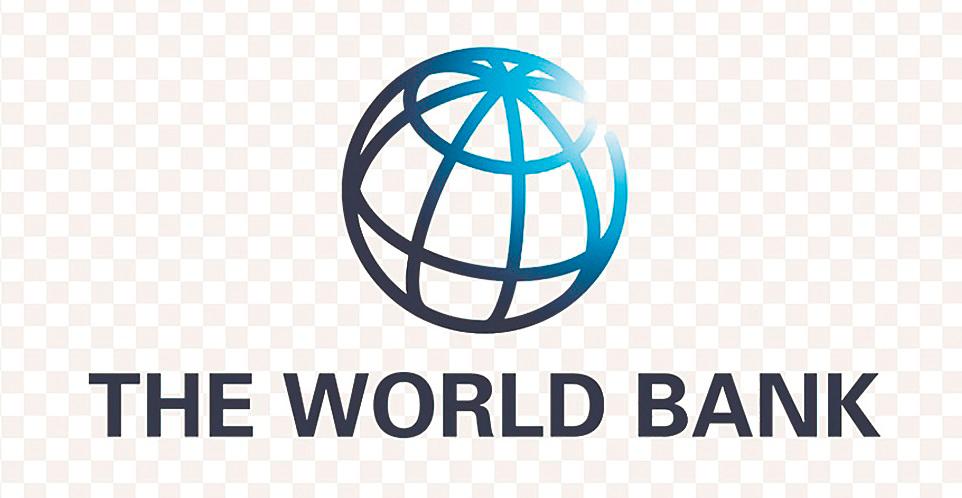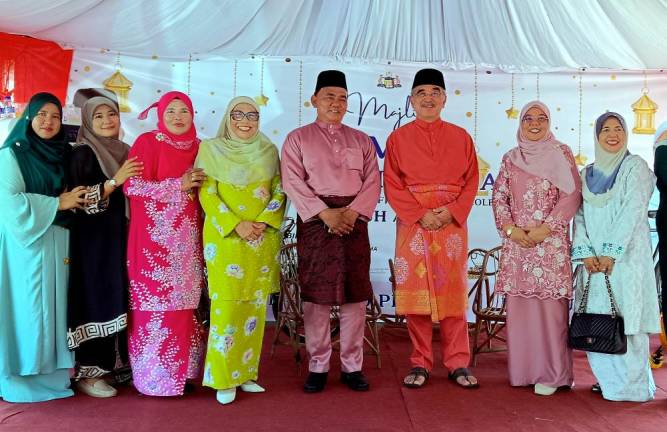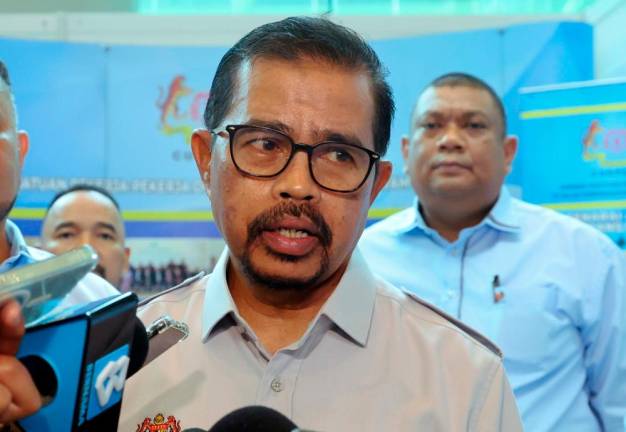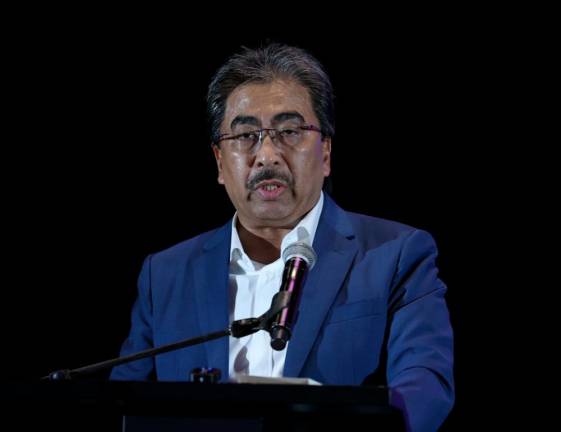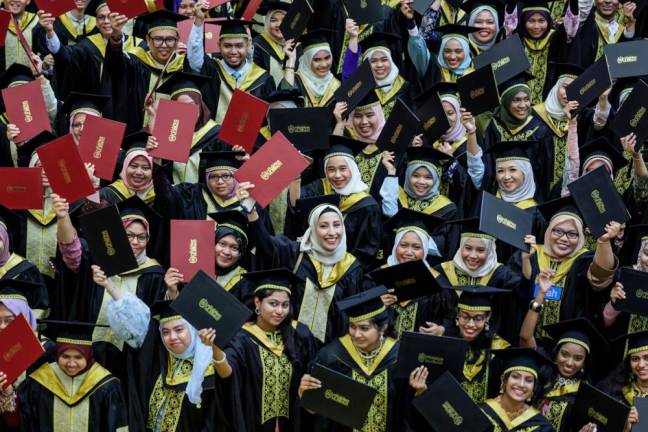KUALA LUMPUR: For successful fiscal reforms in Malaysia – particularly subsidy reform – it is important to have not only well-designed policies but also effective policy communication to garner support from the rakyat, the World Bank stressed.
The international financial institution highlighted the necessity of proactive communication regarding the government’s expenditure rationalisation initiatives.
“The implementation of targeted subsidies can significantly improve expenditure efficiency and lead to much-needed fiscal savings in Malaysia.
“Early and clear communication of the subsidy reform plan is key to managing public expectations,” it said in the World Bank Malaysia Economic Monitor April 2024.
For example, the World Bank said, the government can proactively communicate the targeted subsidy mechanism, eligibility criteria, and the policy’s impact on households of different income levels.
It added that a firm commitment to redirect savings to social spending and related mitigating measures, such as increased cash transfers to targeted households, can help to gain broader support for the reform agenda.
On this front, World Bank estimates show that redirecting the fuel subsidy budget into expanded and refocused social assistance could double poverty reduction while generating fiscal savings.
While optimising public spending can free up budgetary resources, the World Bank said, enhancing revenue mobilisation remains vital to restore fiscal space and meet future fiscal needs.
It said Malaysia’s ability to sustainably finance its long-term inclusive growth is highly constrained by its relatively low tax capacity. Despite recent tax reforms, it noted that projected revenue collection remains modest.
Suggestions for further revenue mobilisation efforts included enhancing general consumption tax, broadening the bases of personal income tax and capital gains tax, streamlining corporate tax incentives, and strengthening tax administration.
It said a forward looking Medium-Term Revenue Strategy will provide the government with greater clarity on its structural fiscal trends and allow for better planning to ensure adequate, well-timed and well sequenced tax policy and administration reforms.
Over the medium term, the World Bank said, the government’s focus to improve the people’s standard of living, as well as ensuring access to education, healthcare and basic infrastructure remains crucial.
It noted that the Madani Economic framework elevates inclusive growth and equality of opportunities as key missions of the Malaysian government.
However, the World Bank said the country still faces some challenges to ensure that the proceeds of economic development are distributed more evenly across different segments of the population.
In addition, findings from the Basic Amenities Survey Report suggest that while Malaysians generally enjoy a high level of access to fundamental needs, regional disparities exist.
“In particular, there are gaps in access to healthcare and education -two of the most crucial factors for a country’s long-term inclusive growth. “Improvements could be made to enhance spending efficiency and the quality of service delivery in these two sectors,” it suggested.



